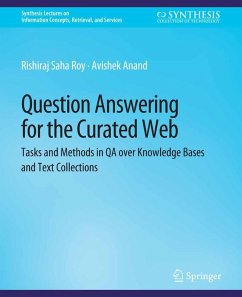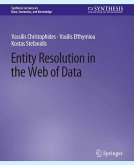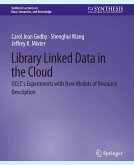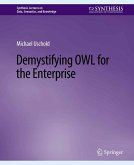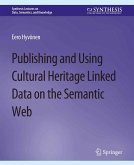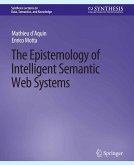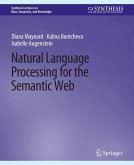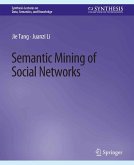Question answering (QA) systems on the Web try to provide crisp answers to information needs posed in natural language, replacing the traditional ranked list of documents. QA, posing a multitude of research challenges, has emerged as one of the most actively investigated topics in information retrieval, natural language processing, and the artificial intelligence communities today. The flip side of such diverse and active interest is that publications are highly fragmented across several venues in the above communities, making it very difficult for new entrants to the field to get a good overview of the topic. Through this book, we make an attempt towards mitigating the above problem by providing an overview of the state-of-the-art in question answering. We cover the twin paradigms of curated Web sources used in QA tasks ¿ trusted text collections like Wikipedia, and objective information distilled into large-scale knowledge bases. We discuss distinct methodologies that have been applied to solve the QA problem in both these paradigms, using instantiations of recent systems for illustration. We begin with an overview of the problem setup and evaluation, cover notable sub-topics like open-domain, multi-hop, and conversational QA in depth, and conclude with key insights and emerging topics. We believe that this resource is a valuable contribution towards a unified view on QA, helping graduate students and researchers planning to work on this topic in the near future.
Dieser Download kann aus rechtlichen Gründen nur mit Rechnungsadresse in A, B, BG, CY, CZ, D, DK, EW, E, FIN, F, GR, HR, H, IRL, I, LT, L, LR, M, NL, PL, P, R, S, SLO, SK ausgeliefert werden.

